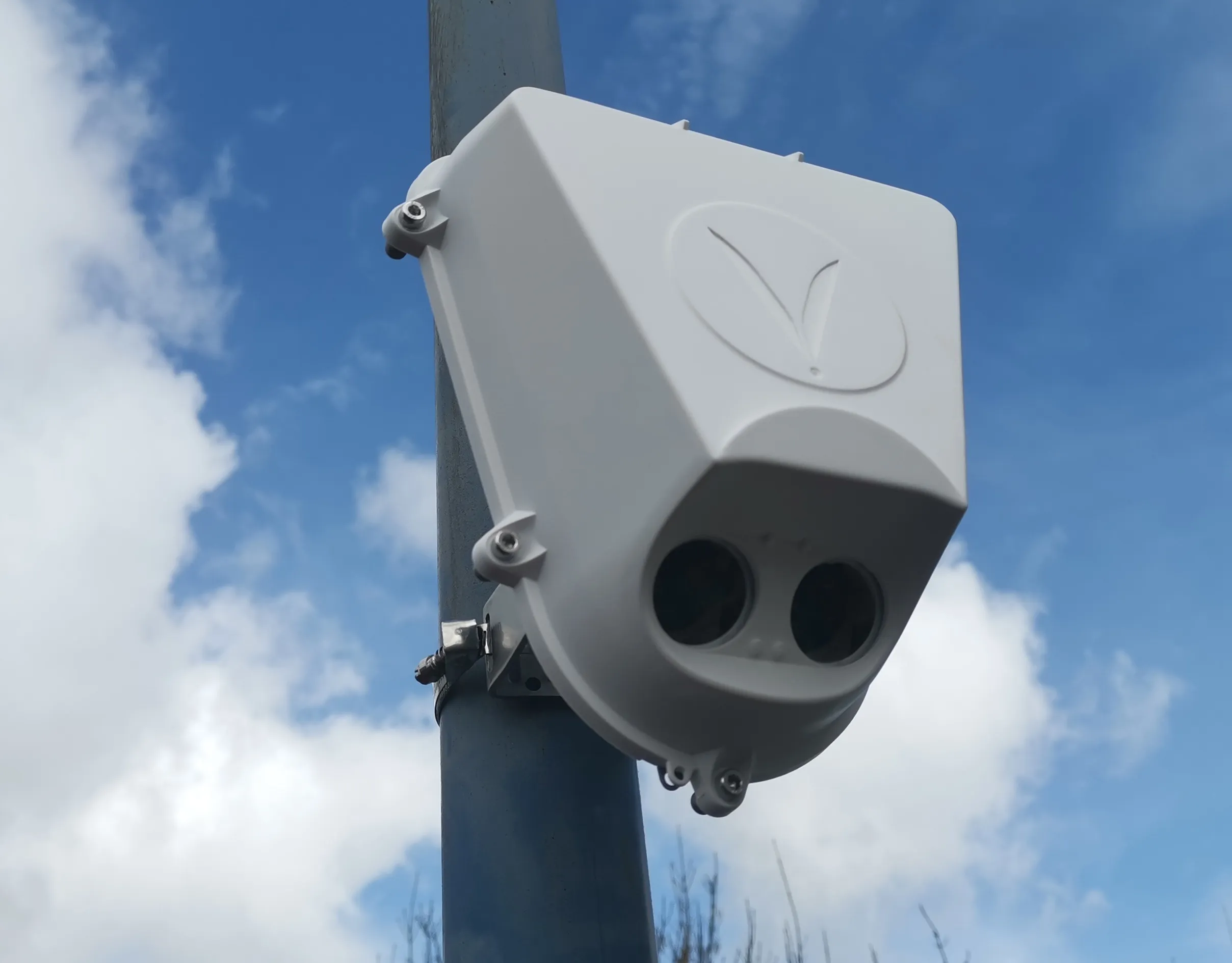The UK Government has made US$39 million (£30 million) of funding available to bus operators and local authorities in England, enabling them to buy low emission buses and install chargepoints and other infrastructure. In total, the 13 successful bidders will be able to add 326 buses, including electric, hybrid, hydrogen and biomethane buses, to their fleets, and install more than US$9 million (£7 million) worth of infrastructure.
Among the winners is Sheffield City Region, which has been awarded US$1.7 m
July 26, 2016
Read time: 2 mins
The UK Government has made US$39 million (£30 million) of funding available to bus operators and local authorities in England, enabling them to buy low emission buses and install chargepoints and other infrastructure. In total, the 13 successful bidders will be able to add 326 buses, including electric, hybrid, hydrogen and biomethane buses, to their fleets, and install more than US$9 million (£7 million) worth of infrastructure.
Among the winners is Sheffield City Region, which has been awarded US$1.7 million (£1.3 million for) 44 buses fitted with hybrid technology.
Other successful bidders include West Midlands Travel, which has been awarded more than US$4 million (£3 million) to fund 10 hybrid and 19 fully electric buses, and install electric charging facilities. Birmingham City Council and1466 Transport for London have jointly won US$3.6 million (£2.8 million) for 42 state-of-the-art hydrogen fuel cell buses, while Merseytravel has received US$6.4 million (£4.9million) for a total of 72 biomethane, hybrid or electric buses and associated infrastructure. Nottingham City Transport has been awarded US$5.7 million (£4.4 million) for 53 biomethane buses and infrastructure.
The low emission bus scheme builds on the Green Bus Fund, which saw US$116 million (£89 million) of government funding put more than 1,200 green buses on England’s roads – representing four per cent of buses in service. The government has also invested more than US$34 million (£26 million) since 2013 to retrofit more than 2,000 buses in pollution hotspots with low emission technology.
Among the winners is Sheffield City Region, which has been awarded US$1.7 million (£1.3 million for) 44 buses fitted with hybrid technology.
Other successful bidders include West Midlands Travel, which has been awarded more than US$4 million (£3 million) to fund 10 hybrid and 19 fully electric buses, and install electric charging facilities. Birmingham City Council and
The low emission bus scheme builds on the Green Bus Fund, which saw US$116 million (£89 million) of government funding put more than 1,200 green buses on England’s roads – representing four per cent of buses in service. The government has also invested more than US$34 million (£26 million) since 2013 to retrofit more than 2,000 buses in pollution hotspots with low emission technology.








